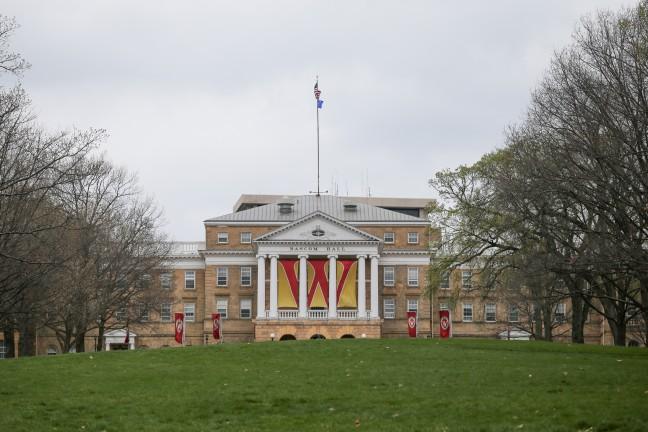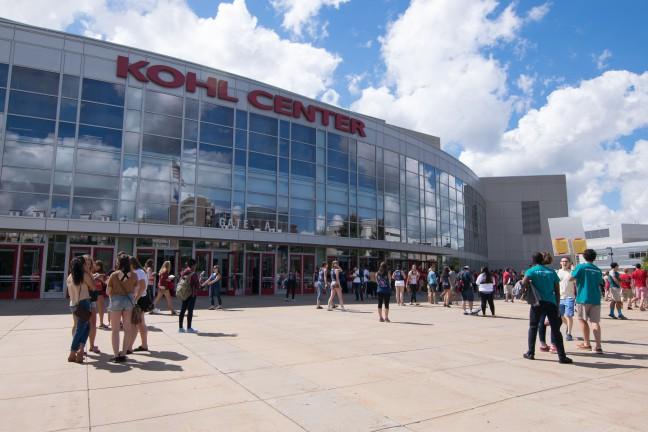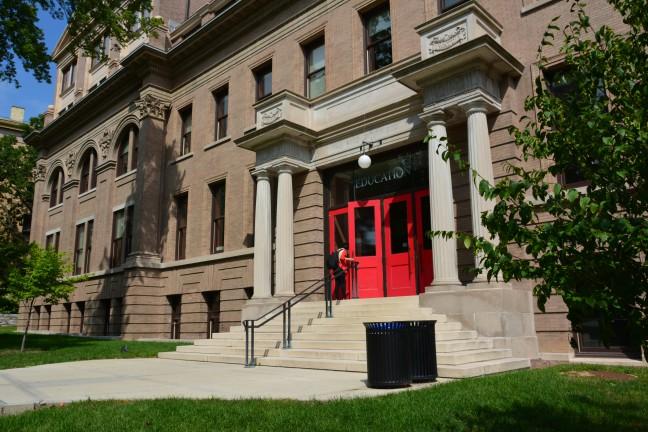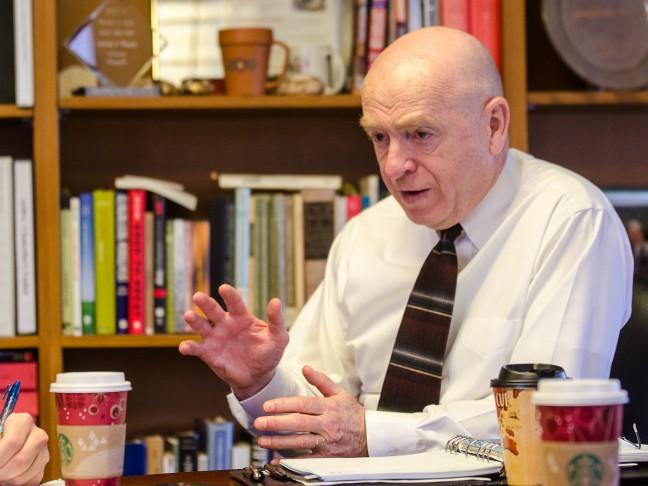SEATTLE (AP) – Blaming teachers for low test scores, poor graduation rates and the other ills of American schools has been popular lately, but a new survey wags a finger closer to home.
An Associated Press-Stanford University Poll on education found that 68 percent of adults believe parents deserve heavy blame for what’s wrong with the U.S. education system – more than teachers, school administrators, the government or teachers unions.
Only 35 percent of those surveyed agreed that teachers deserve a great deal or a lot of the blame. Moms were more likely than dads – 72 percent versus 61 percent – to say parents are at fault. Conservatives were more likely than moderates or liberals to blame parents.
Those who said parents are to blame were more likely to cite a lack of student discipline and low expectations for students as serious problems in schools. They were also more likely to see fighting and low test scores as big problems.
“Nobody is too busy to raise a child for a successful future,” said Wilfred Luise Vincent, 65, of Coppell, Texas. Vincent worked early or late shifts for Delta Airlines during most of his career so his two daughters would have a parent at home after school.
The problems children and their parents deal with inside and outside of school every day are growing, said Julie Woestehoff, executive director of Parents United for Responsible Education, a Chicago advocacy group.
Children are tired, they’re hungry and they need someone to help with their homework. Some kids face violence at home or in their neighborhood. Some parents are trying so hard to keep a roof over their family that they can’t help with school.
More than half of those polled said student discipline and fighting, violence and gangs were extremely or very serious problems in schools. Nearly as many expressed concern about getting and keeping good teachers.
Most said education in their local public schools is excellent or good, but 67 percent also believe the U.S. is falling behind the rest of the world when it comes to education.
Hungry students do worse on standardized tests and are absent more often, according several studies that have connected poor nutrition with students who have trouble concentrating.
Educating parents about how the school system works and welcoming them to get involved may also help their children, according to Joyce L. Epstein, research professor of sociology at Johns Hopkins University, who focuses on school, family and community partnerships.
Some things just can’t be fixed by schools or even the community, says Mike Principe, 62, of Melrose Park, Ill., a Chicago suburb.
The AP-Stanford Poll on Education was conducted Sept. 23-30 by Abt SRBI, Inc. It involved interviews on landline and cellular telephones with 1,001 adults nationwide and has a margin of sampling error of plus or minus 3.9 percentage points.
















